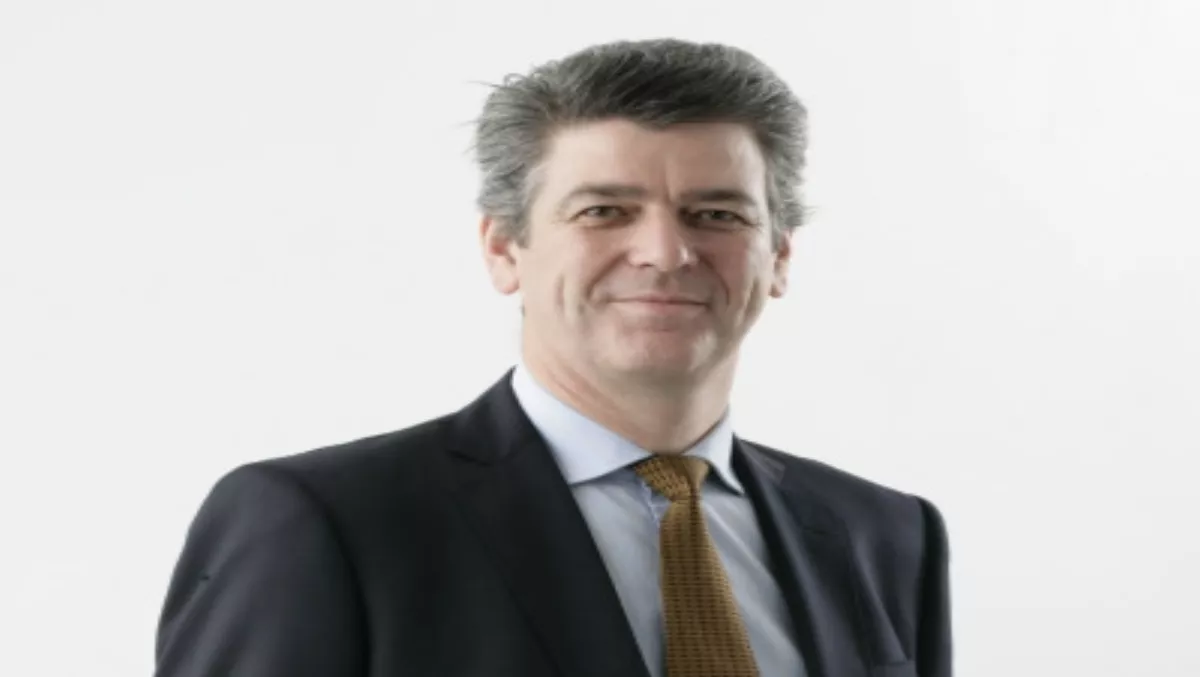
Separation unsustainable - Telecom CEO
Telecom CEO Paul Reynolds has hit out at the operational separationundertakings which he says has already cost the company $249 million.
Speaking at the third quarter financial briefing, Reynoldssays the undertakings, which are designed to ensure that all competitors getaccess to the same services and prices on Telecom’s copper network, are unsustainable.
Reynolds says that Telecom is one of the most heavilyregulated operators in the world and that the playing field is levelled againstTelecom. It appears he’s after a revision of the undertakings which were agreedwith the Labour government in March 2008.
“Operational separation is something we’ve already invested$249 million on and there’s a lot more to do, but this is building an industrymodel based on an old copper world and we’re all, industry players, planningfor the new fibre world,” he says.
“It’s simply unsustainable to redesign the past at the sametime as trying to rebuild the future so we are intensely focused on creatingalignment between the requirements and regulations of a fibre world and movefrom an old copper world.”
Telecom is lobbying hard to get a break on the costlyundertakings. Last week it held an event for a select group of government andcorporate executives in which the former deputy chair of Ofcom questioned New Zealand’s telco regulation. See 'Rethink urged on telco regulation'.
The issues about operational separation, a fall in profits, aswell as the exposure of faults around the management of the XT network in therelease of the Analysys Mason report today contributed to a tense atmosphere atTelecom’s briefing.
Members of the Telecom executive team, usually happy to stayand chat with journalists and analysts, disappeared as soon as the official presentationwas over. Gen-i CEO Chris Quin wasn’t commenting about the Analysys Masonreport into the XT outages, referring any additional questions to CEO PaulReynolds.
Nor did TelecommunicationsReview get a chance to find out from outgoing Telecom Wholesale CEO MattCrockett any further information about the possible sale of TelecomInternational. The voice and data businesses have been split, and a strategicreview is underway to consider a possible sale, Reynolds had earlier told thoseat the Briefing.
Only Chorus CEO Mark Ratcliffe stuck around and was happy toanswer TR’s questions on the possiblesale or part-sale of Chorus as part of the government’s Ultra Fast Broadbandnetwork. He says there is no particular model in mind, but that Telecom iswilling to be “flexible” although it is “mindful that things have to be goodfor shareholders.”
Chorus marked the halfway point in its fibre to the nodeprogramme this week, and Ratcliffe says the migration has gone without a hitch.“I think you can see that there hasn’t been one story around customer outagesas a consequence of this programme so far and 1800 cabinets, that’s manyhundreds of customers per cabinet connected without a problem,” he says.
Ratcliffe describes the FTTN network as “a fibre networkwith cabinets on the end of it”.

